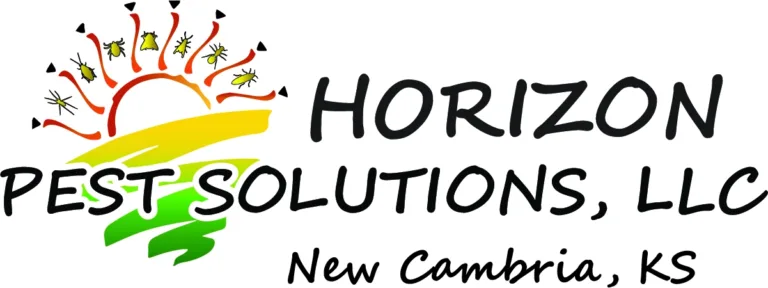How many of you have vegetable gardens planted? Are you ready for those juicy tomatoes ripe off the vine? How about eating that freshly pulled carrot whose dirt residue you just wiped on your shirt? A sweet tender peach sounds good right about now. No matter what is growing in your gardens, some of it will likely make it to the glass jars and pressure cookers for preservation. There’s nothing like that farm fresh taste when preparing a fall or winter meal. I buy sweet corn in bulk and directly freeze it– shuck and all – for later use.
We’ve all been taught about food safety when preparing foods: Don’t cross-contaminate, sanitize, wash your hands, keep food hot or cold accordingly, keep insects out. Food borne illnesses like botulism can be an issue is food safe practices aren’t being managed. Sterilizing jars and lids are part of this process. Most insects, larva, and their eggs will be killed when glass jars are sterilized, but always check to make sure nothing is left behind.

There are several types of flies that congregate in homes, especially in the kitchen areas. House flies are the most common to find their way onto food. Fruit flies, blow flies, bottle flies, and drain flies are considered filth flies. They are all “foodies”.

| There are several types of flies that congregate in homes, especially in the kitchen areas. House flies are the most common to find their way onto food. Fruit flies, blow flies, bottle flies, and drain flies are considered filth flies. They are all “foodies”. These flying nuisances are attracted to raw and decaying organic matter. Filth flies pick up bacteria on their feet when they land. They will transfer pathogens to the next settling place, like your counter and canning utensils. Once vegetables and fruits are picked from the vines, decomposition starts. Waiting too long to get started on canning will draw attention of these flying insects. |


